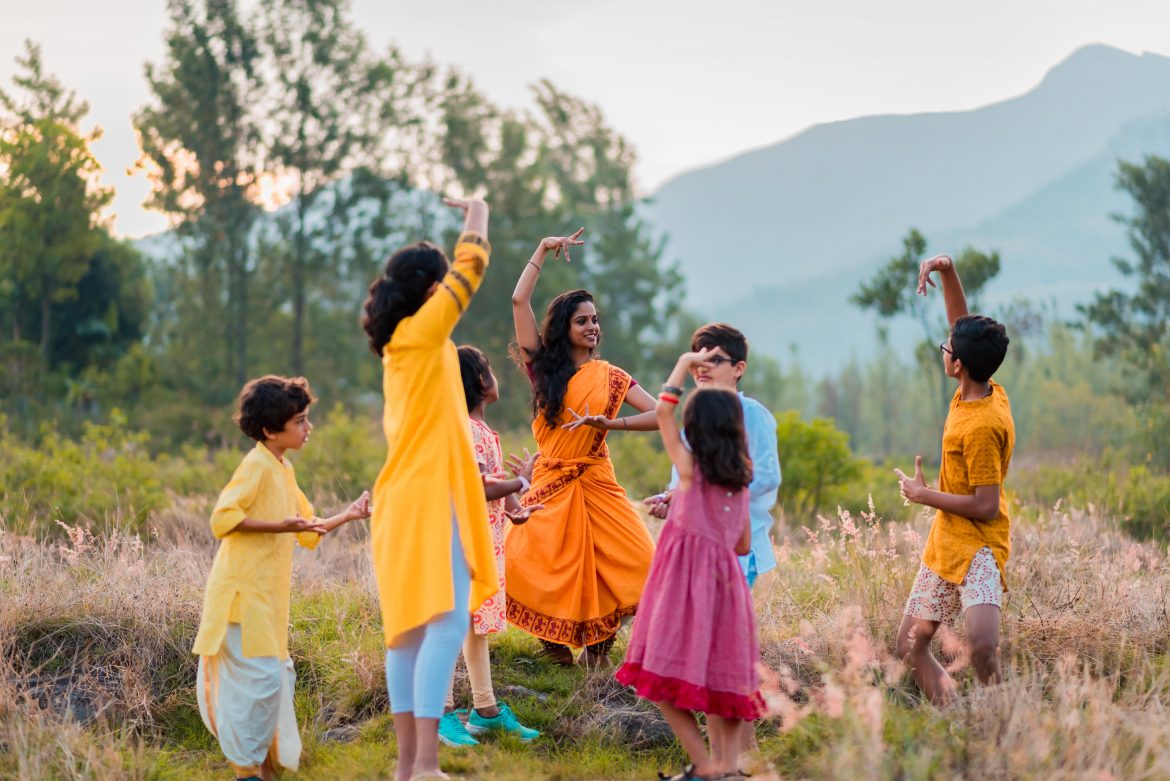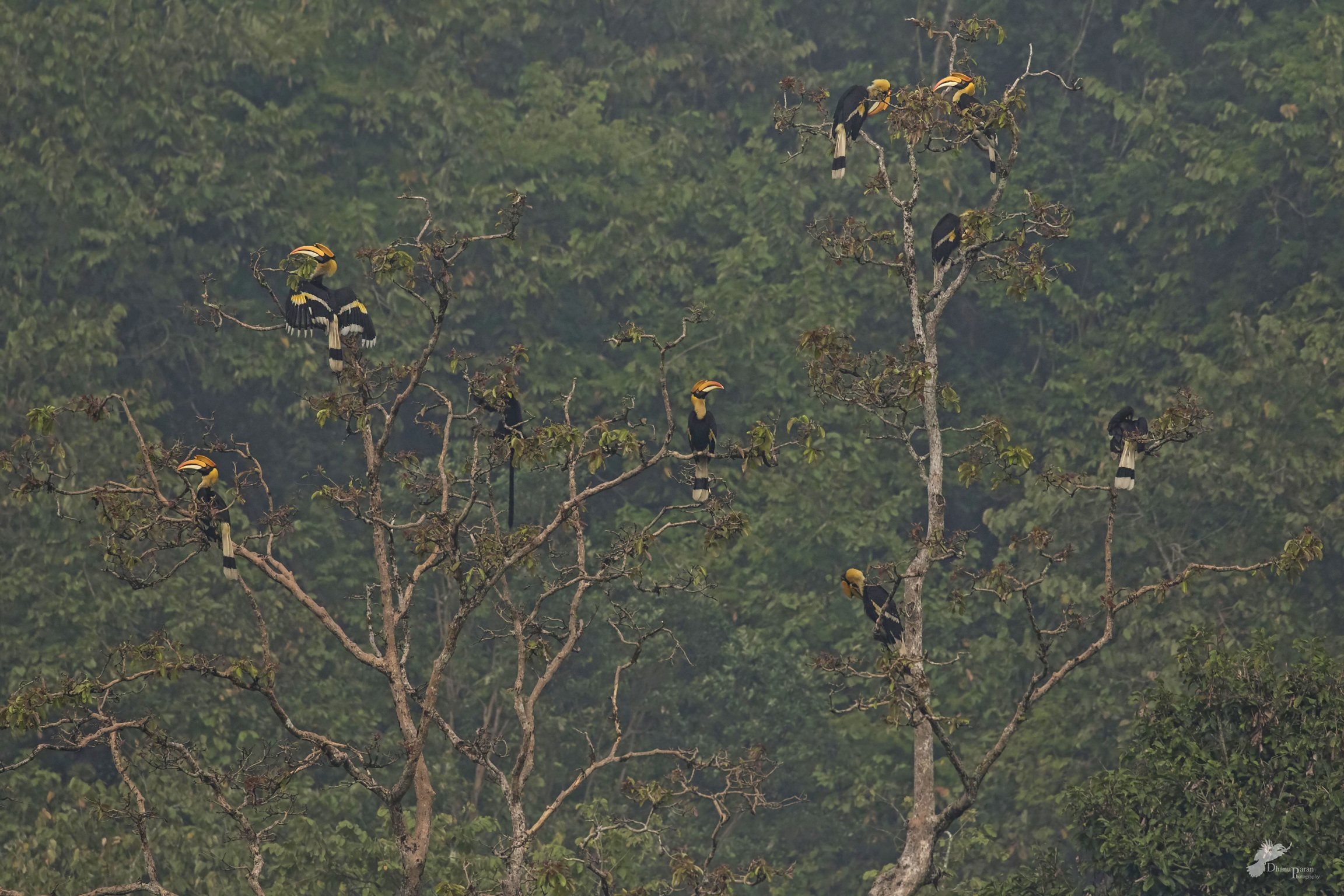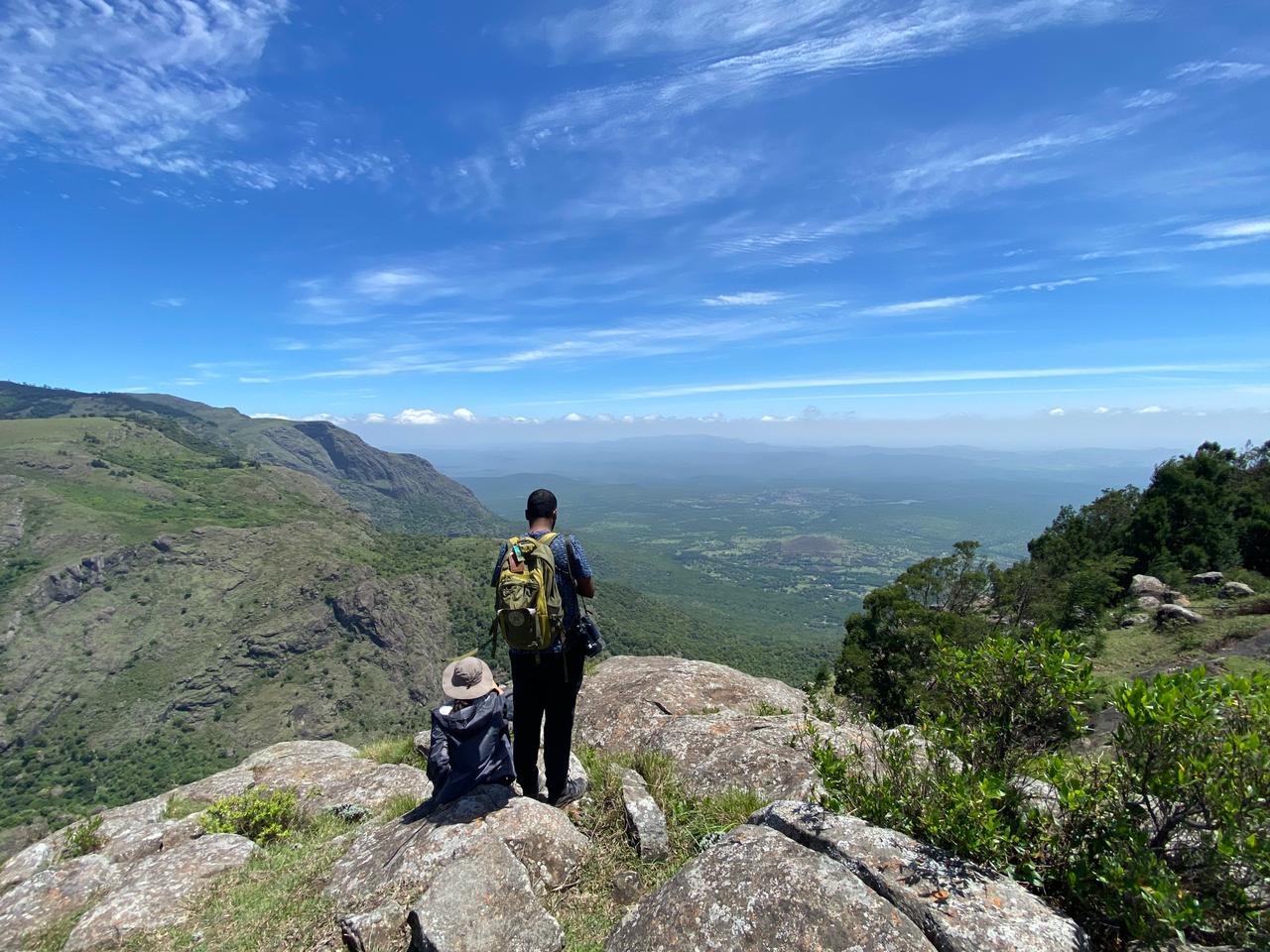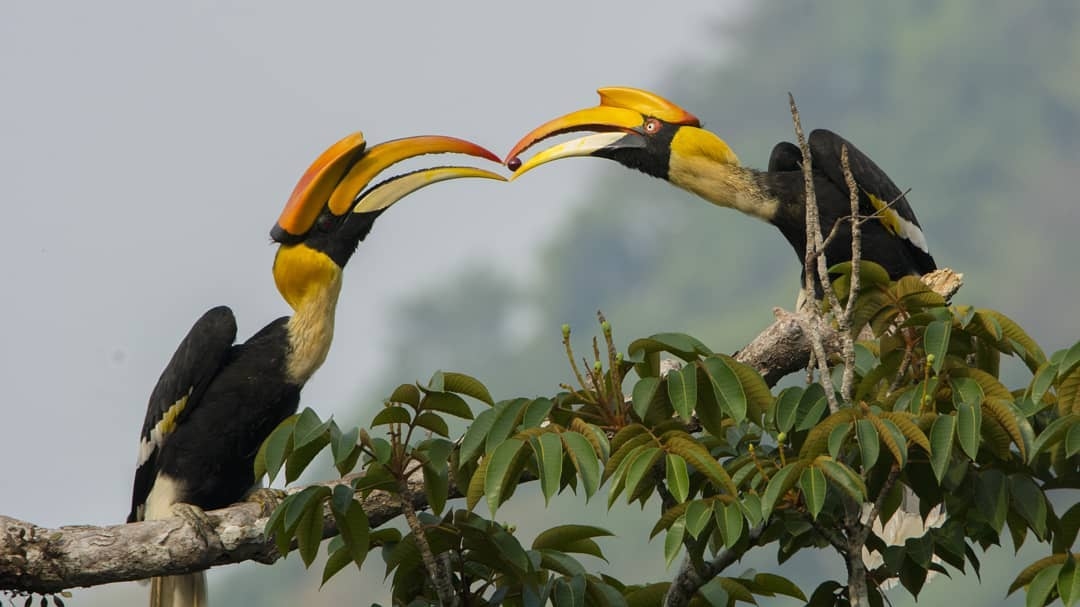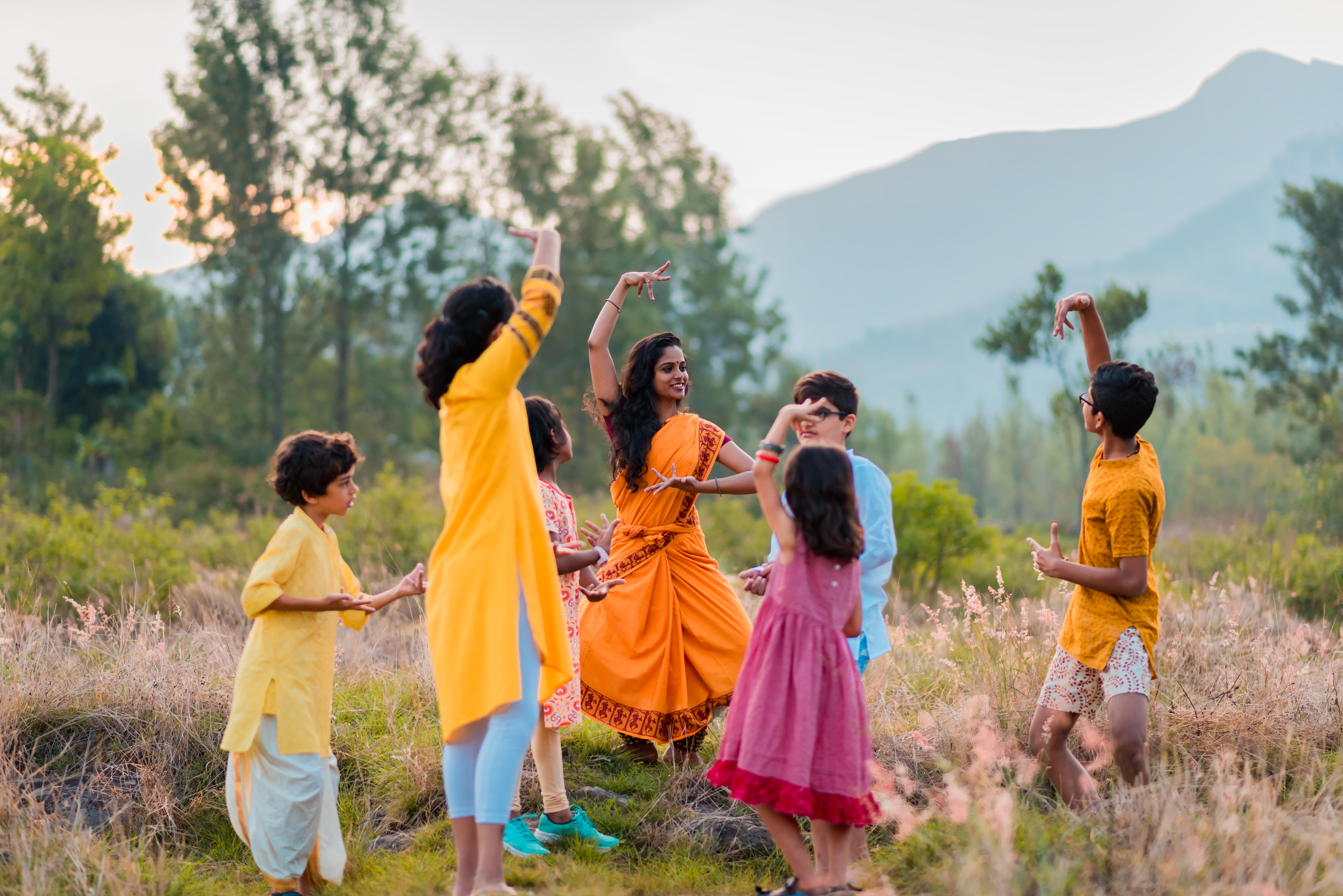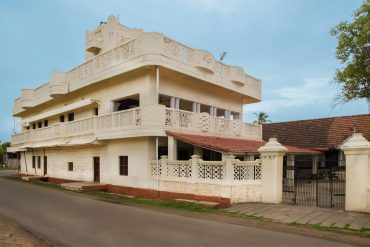About halfway between Pollachi and Munnar, in a remote mountain valley fringed by waterfalls, sits the little hamlet of Marayoor. The name, combining Mara (hidden) and Ur (village), still aptly describes a place mostly unknown to travelers and even local tourists. Surrounded on all sides by wildlife sanctuaries and protected forestlands, the valley has no five-star hotels and spotty cell phone reception – exactly how we like it here in Camp Cardamom.
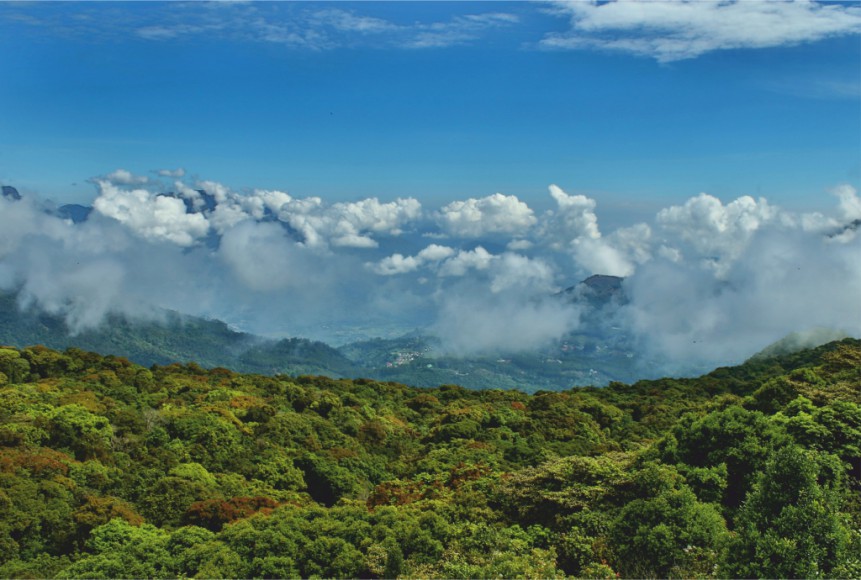
A residential summer program for children and teenagers, our campsite is situated on a high plateau above the town on a 100-acre organic farm and Ayurvedic retreat. Once on the premises, we do not allow campers to use cell phones or any electronic devices. Meals are offered on terra cotta pottery—some of it made by its own students—while sitting cross-legged on grass mats.
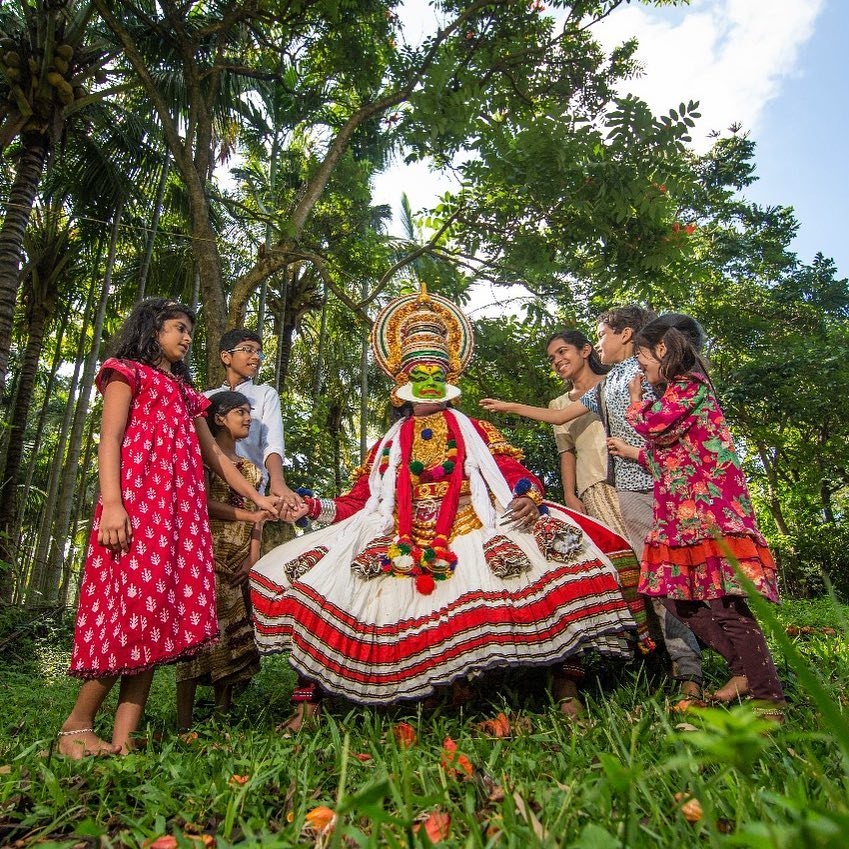
We offer courses in heritage art forms such as Kalaripayattu, Bharatanatyam, and tabla. At a time when many urbanites have become disconnected from our cultural and environmental roots, Camp Cardamom offers a chance to gain a deeper understanding of one’s self and origins.
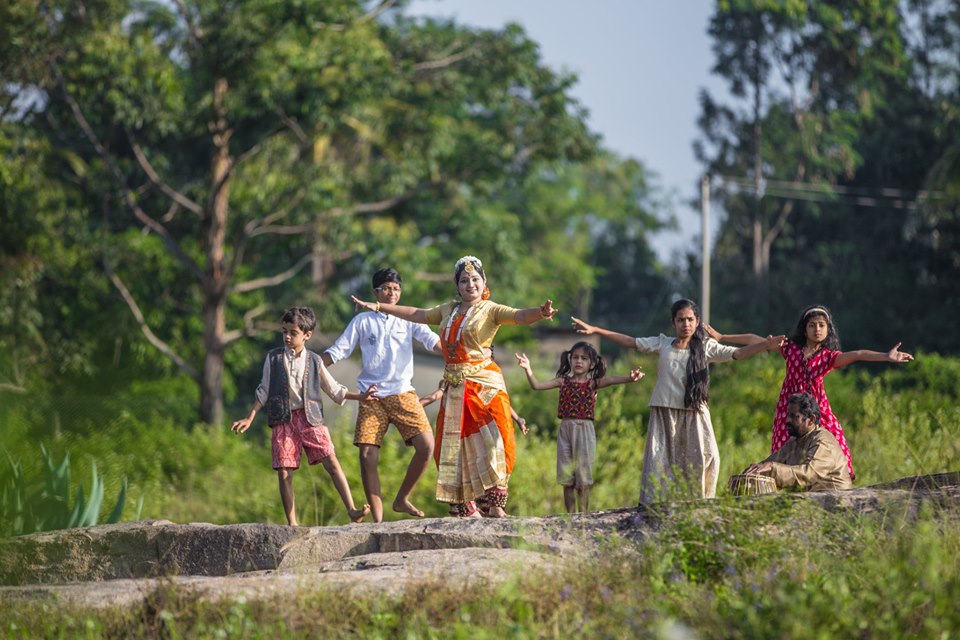
The camp offers a variety of outdoor and adventure sports, both for the sake of physical fitness and as tools for confidence building. This year I personally oversaw our rock climbing program; having grown up in the USA, I’ve often climbed in Northern California. It was incredibly rewarding to see kids with little to no experience conquer their fears and become capable mountaineers. By the end of a week of classes, some were scaling 20-meter cliffs. After they reached the top, the look of exhilaration on their faces was indeed priceless.
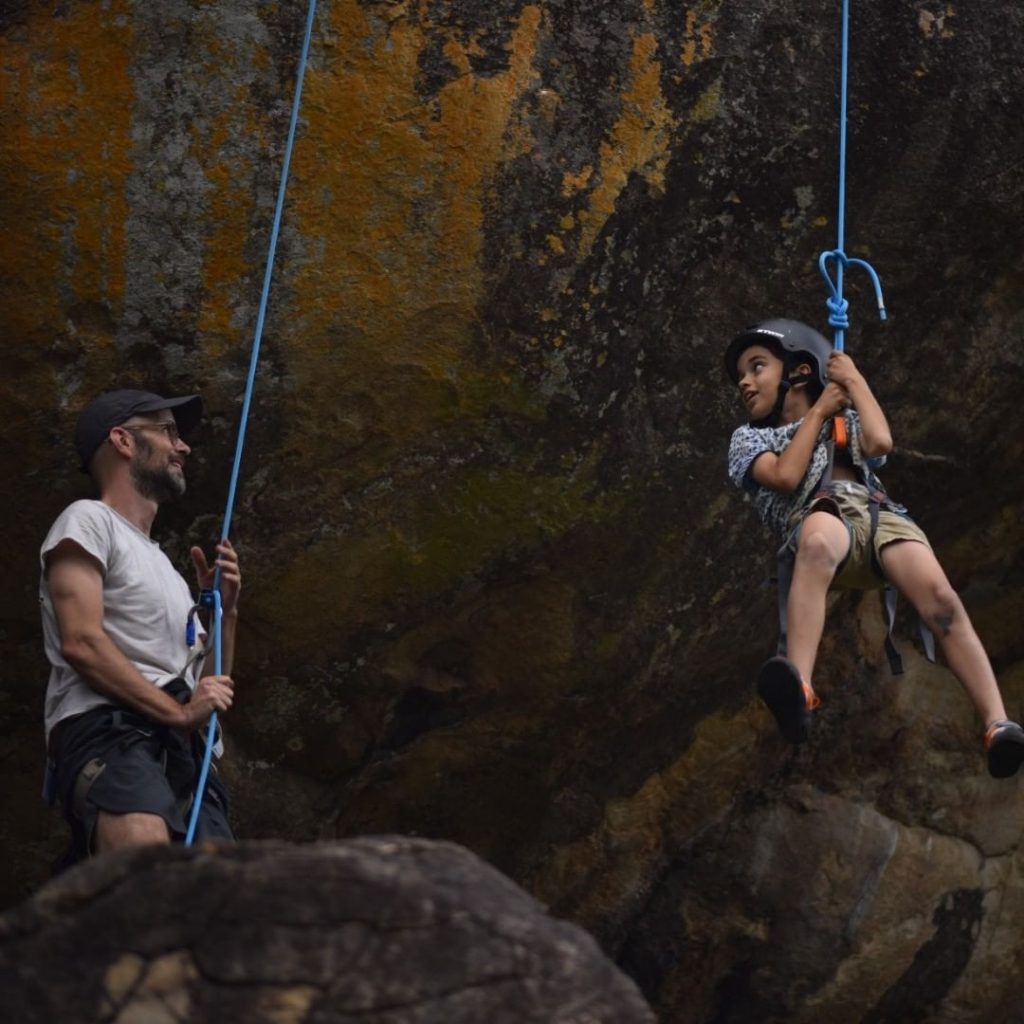
Amongst the most important outdoor skills we teach is swimming. It was once a common pastime here in the land of 44 rivers but has been forgotten as young people have come to spend more time indoors.
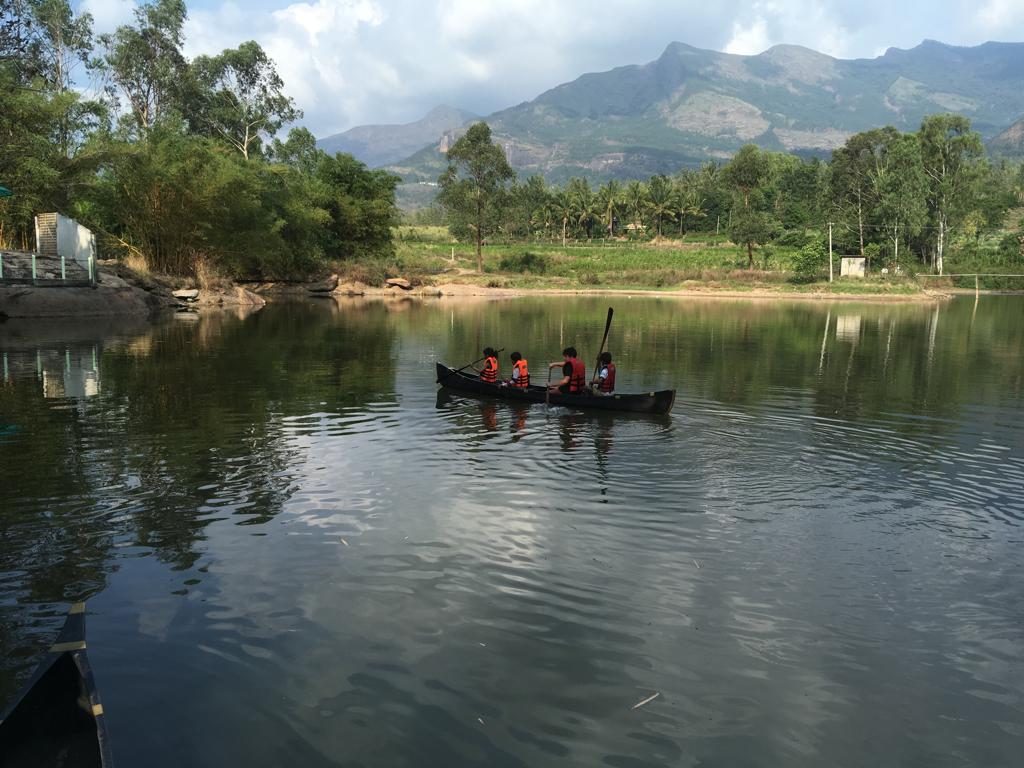
Our swimming instructor, a national medal winner from Bangalore, teaches kids the old-fashioned way—in our large, stream-fed pond. We also offer fishing and boating in the traditional Kerala vallams. These waterfront activities give children a chance for adventure and unstructured play on their own terms, something missing in most school and home environments.
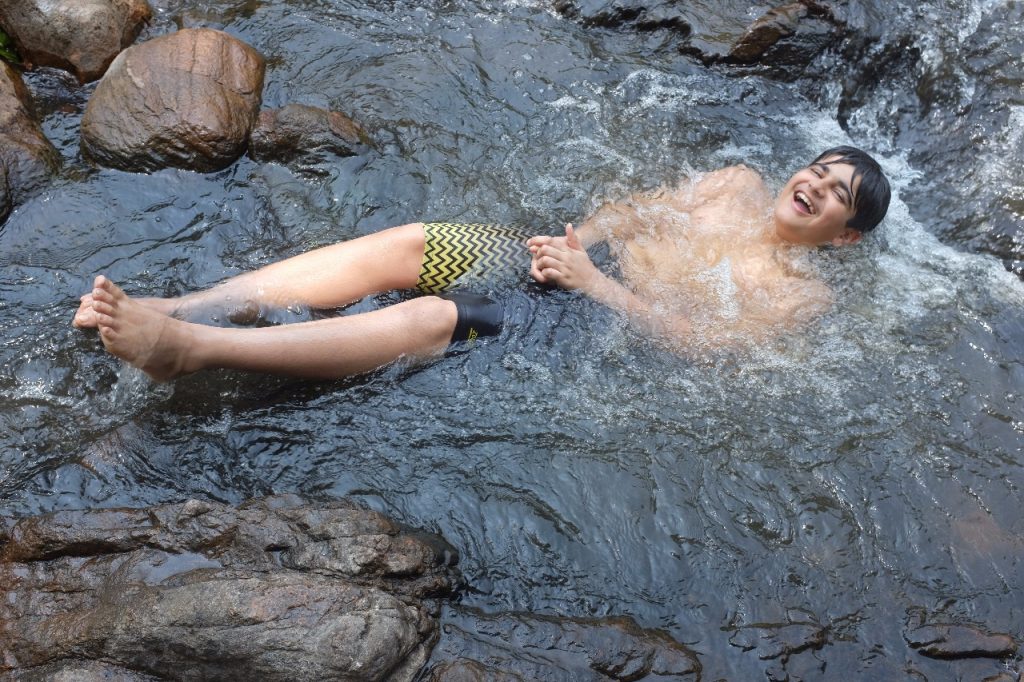
A typical day at the camp starts with sunrise yoga on our roof terrace, in the cradle of the surrounding mountains. After breakfast, our campers begin their first of three daily electives.
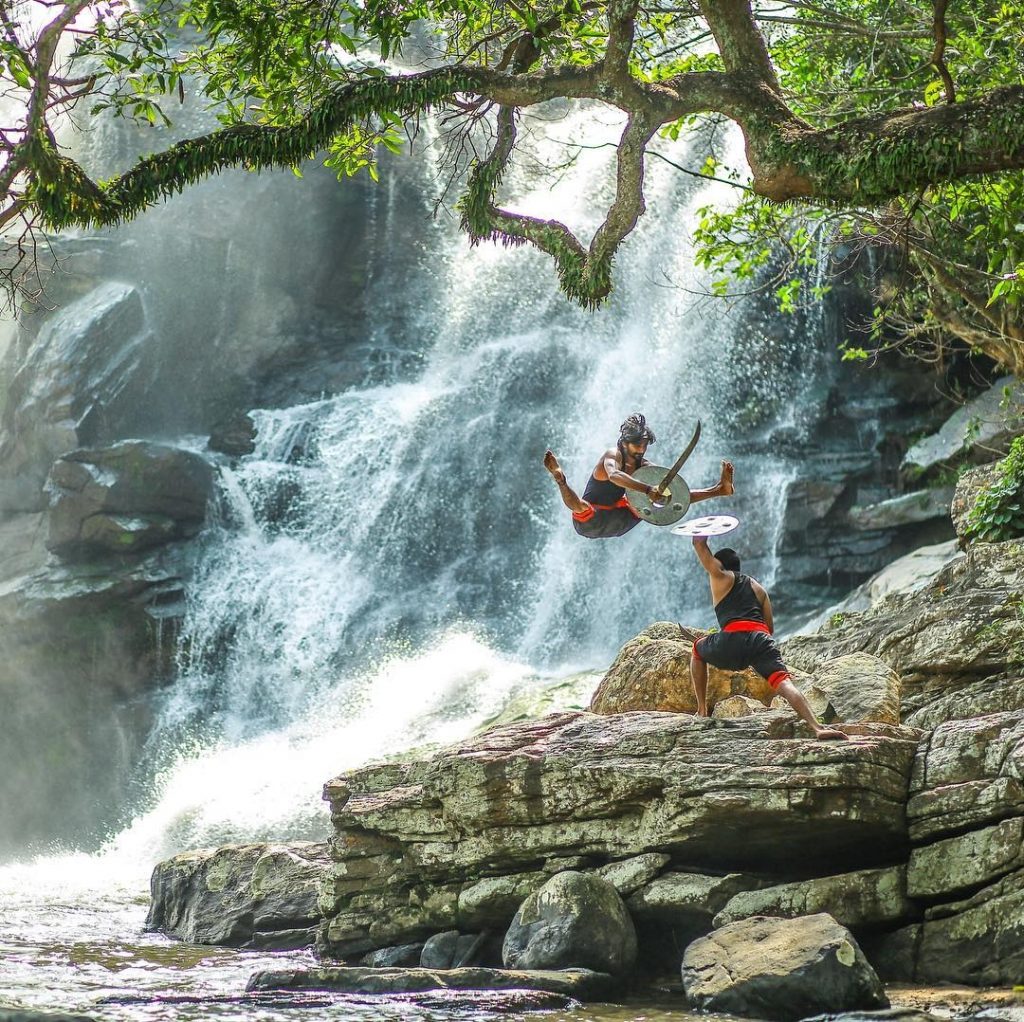
Among our less well-known offerings is Kalaripayattu, a form of self-defense indigenous to Kerala, closely linked to Ayurveda, that is believed to be the world’s oldest surviving martial art.
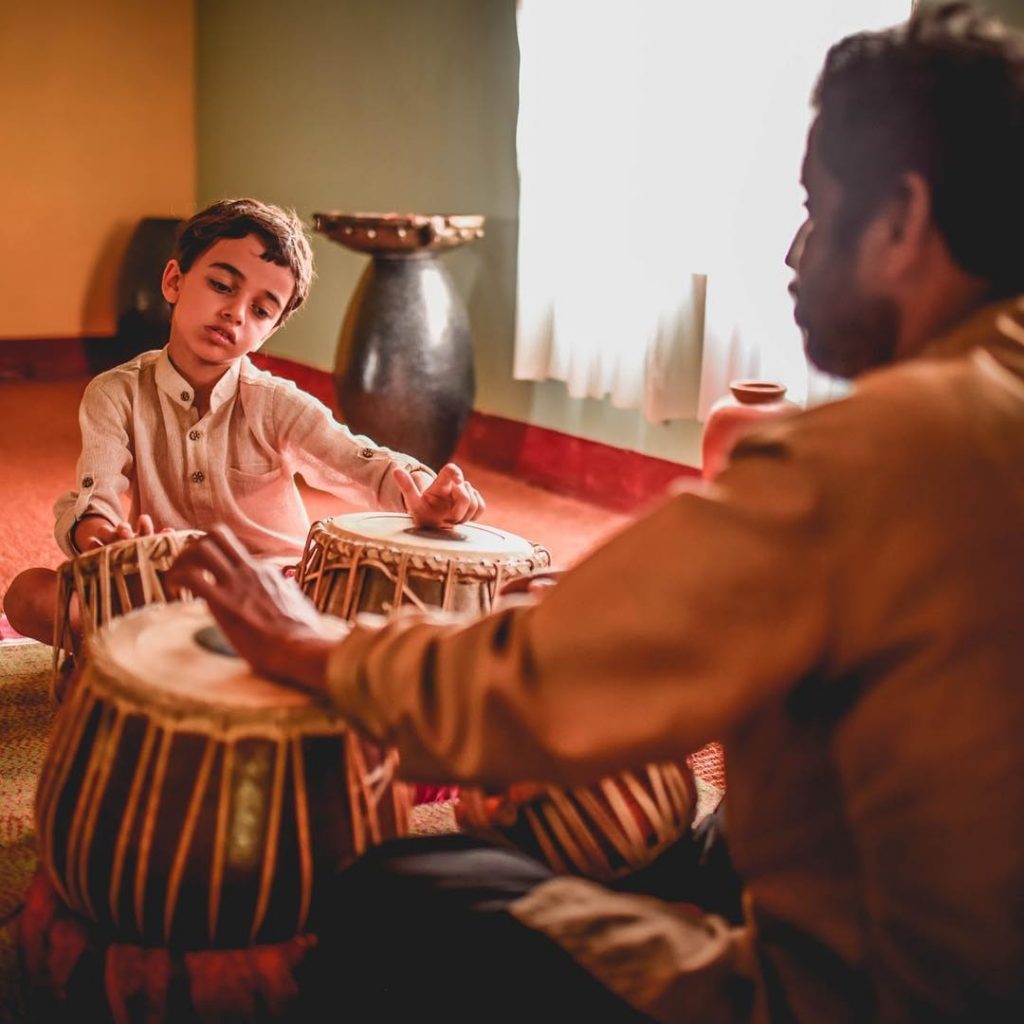
An elective course on Hinduism taught by a visiting professor from the Oxford Centre for Hindu Studies provides intellectual context to much of our experiential programming.
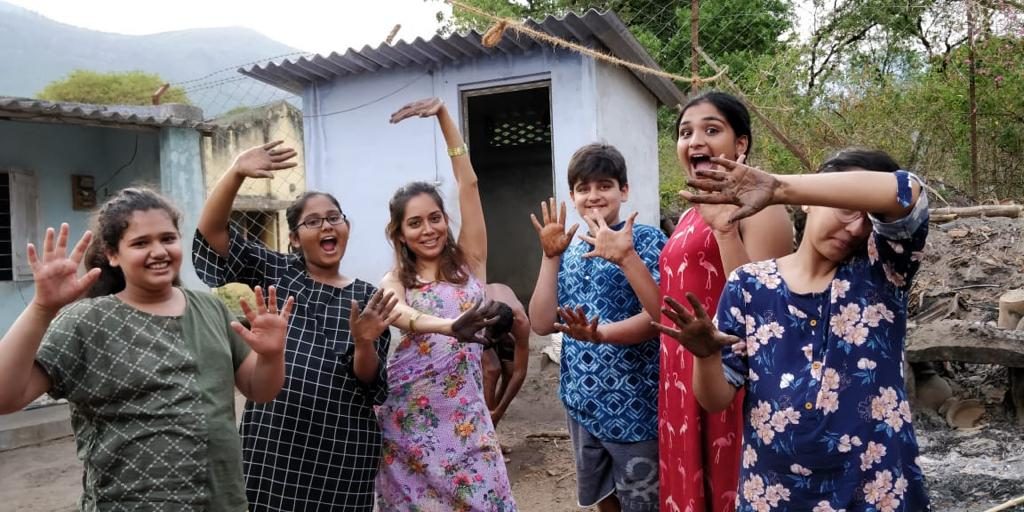
All of our campers participate in a daily arts and crafts session—anything from journaling to learning how to spin clay pots with the help of a local craftsman.
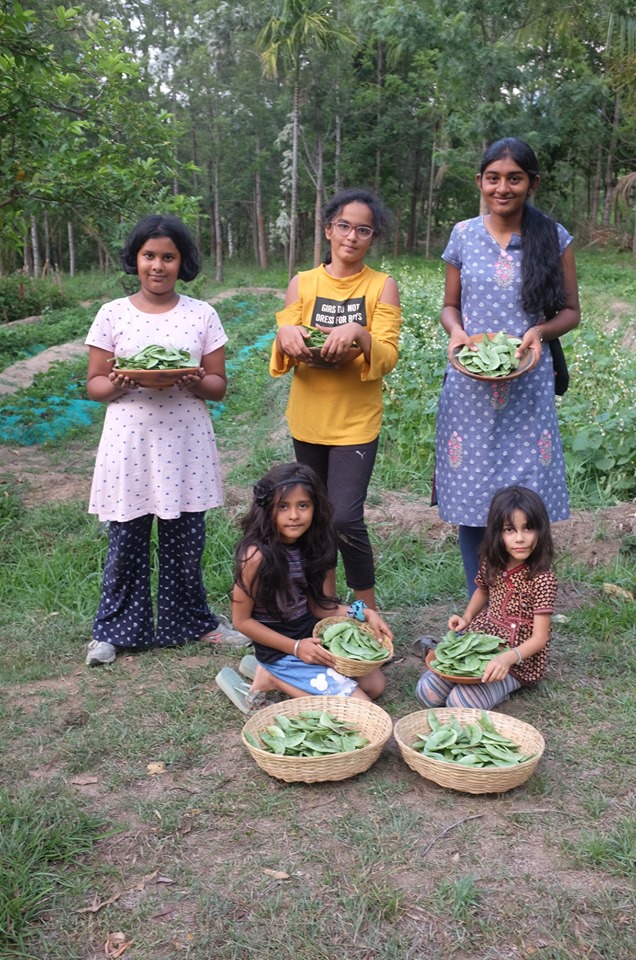
On our farm, we offer the chance to milk a cow, see silkworm production, learn about ayurvedic plants, and harvest fruits and vegetables from our organic garden.
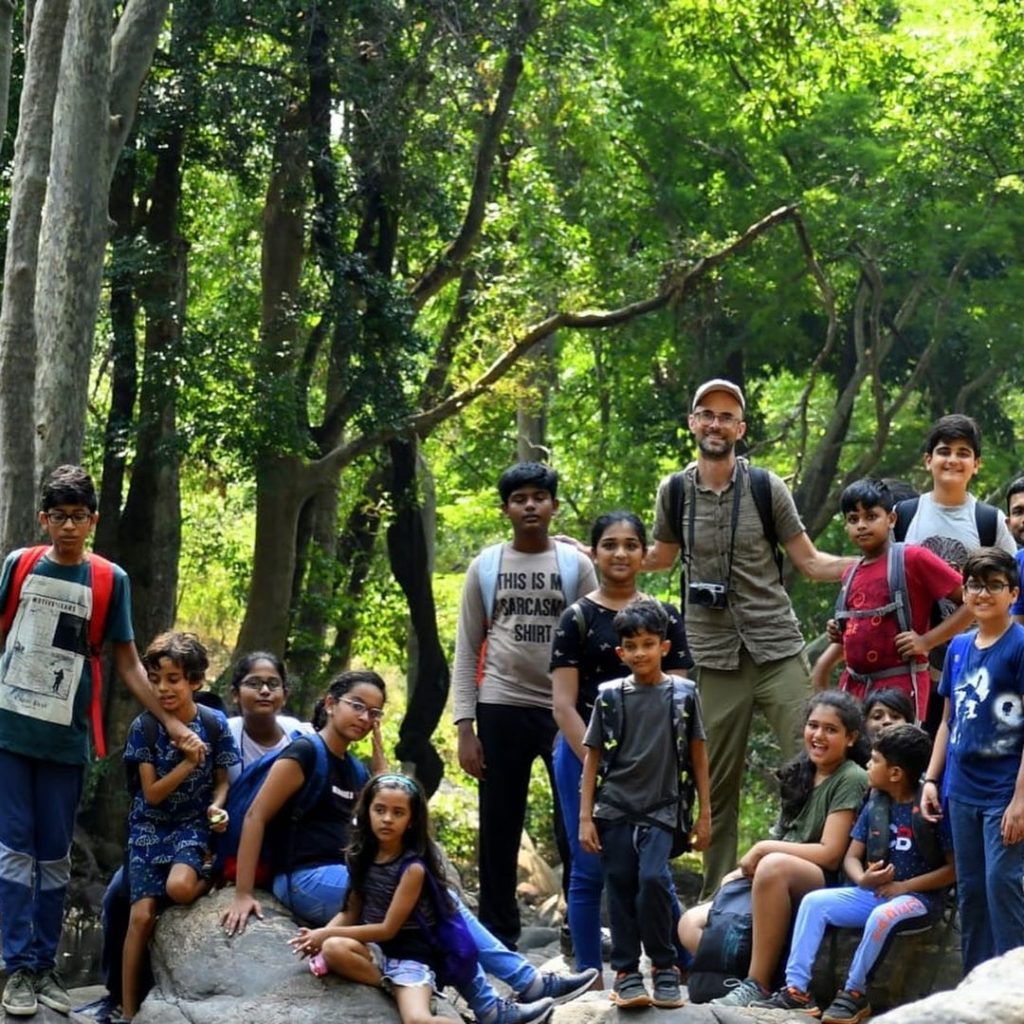
Once a week, our staff wildlife biologist leads a full-day trek. Among my favorites is the hike to the nearby Chinnar Wildlife Sanctuary’s Thoovanam Waterfalls, where the mighty Pambar River spills over a cliff into a misty lagoon. Nothing feels better after a long walk than a cool plunge.
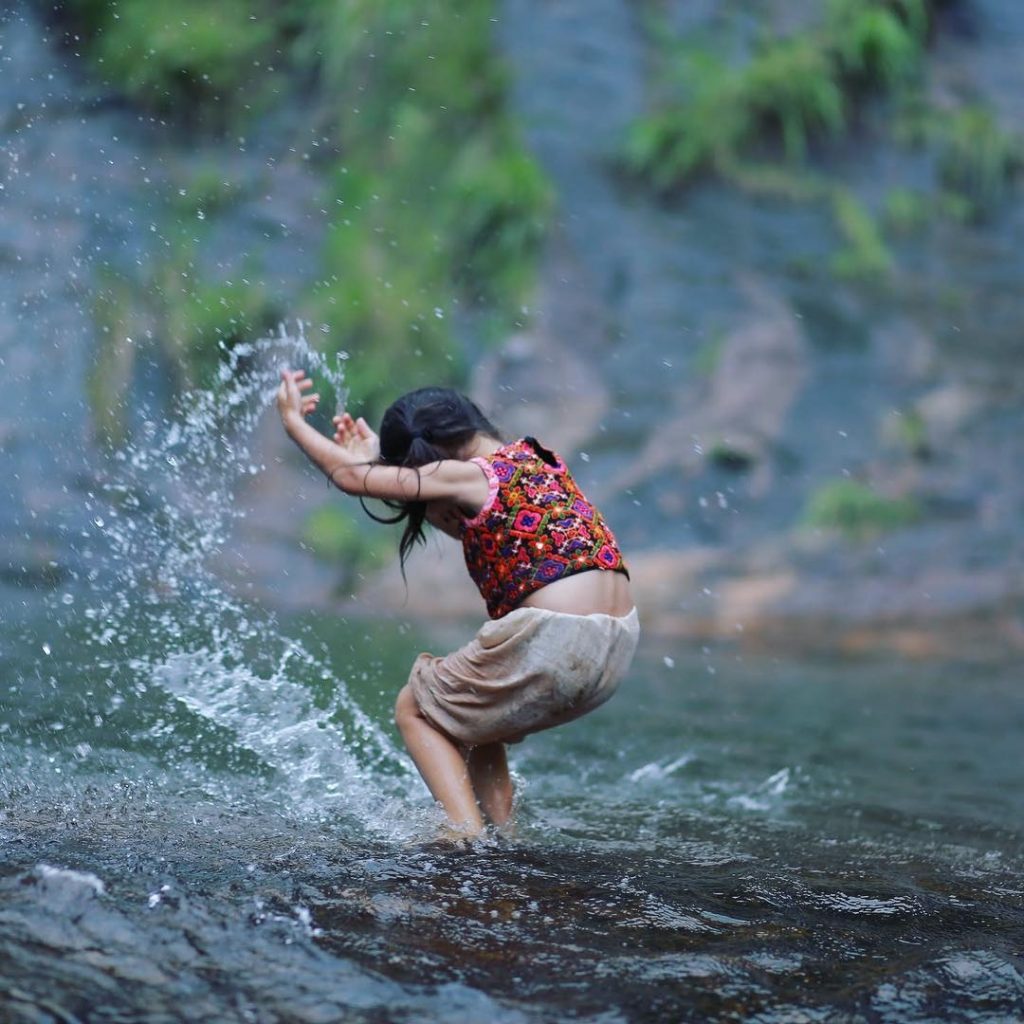
On the way back from the falls one afternoon in May we encountered a herd of elephants drinking along the riverside. After quenching their thirst, they lumbered up to the hiking trail and gave themselves dirt baths, spraying soil over their backs with their trunks. Our kids talked about it for days.
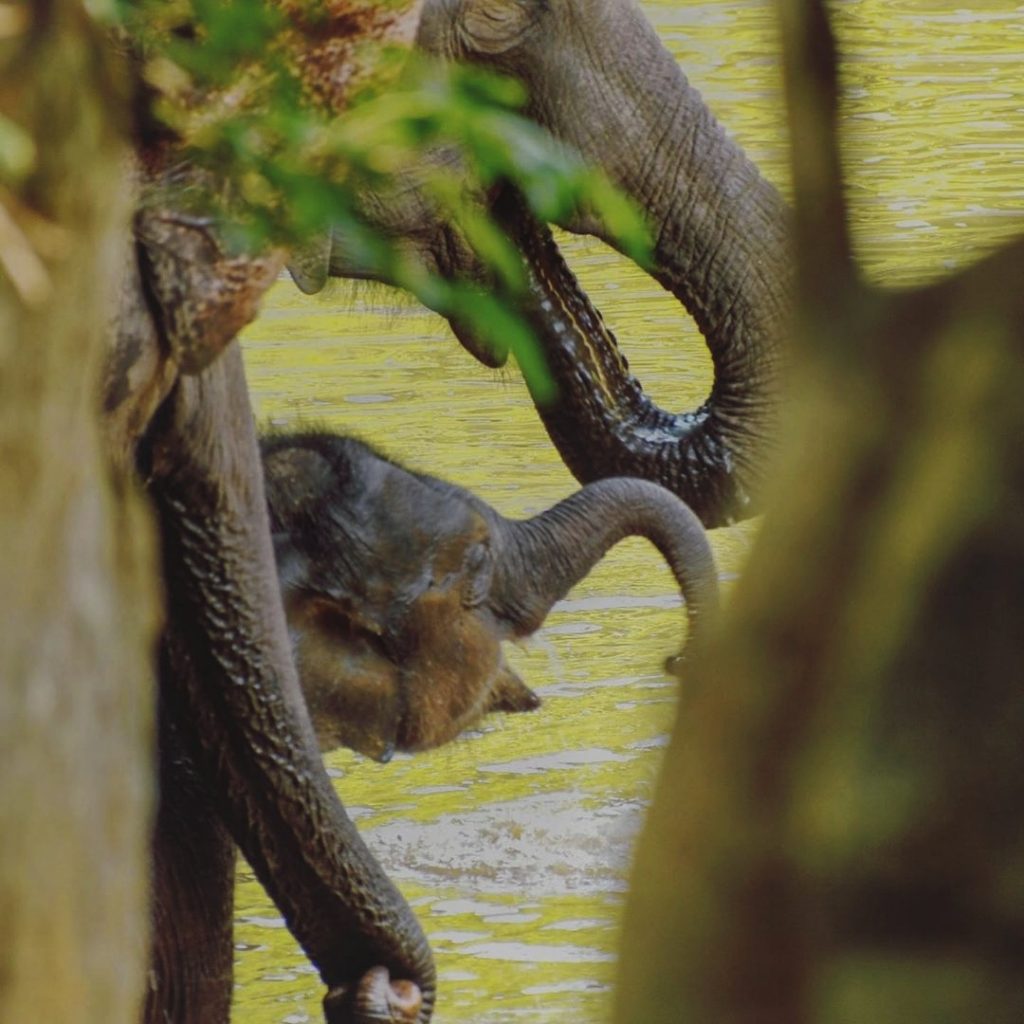
Some of the most important things learned by our campers aren’t taught in our classes. Students may come to camp with concerns about leaving home, or about challenging themselves in the great outdoors.
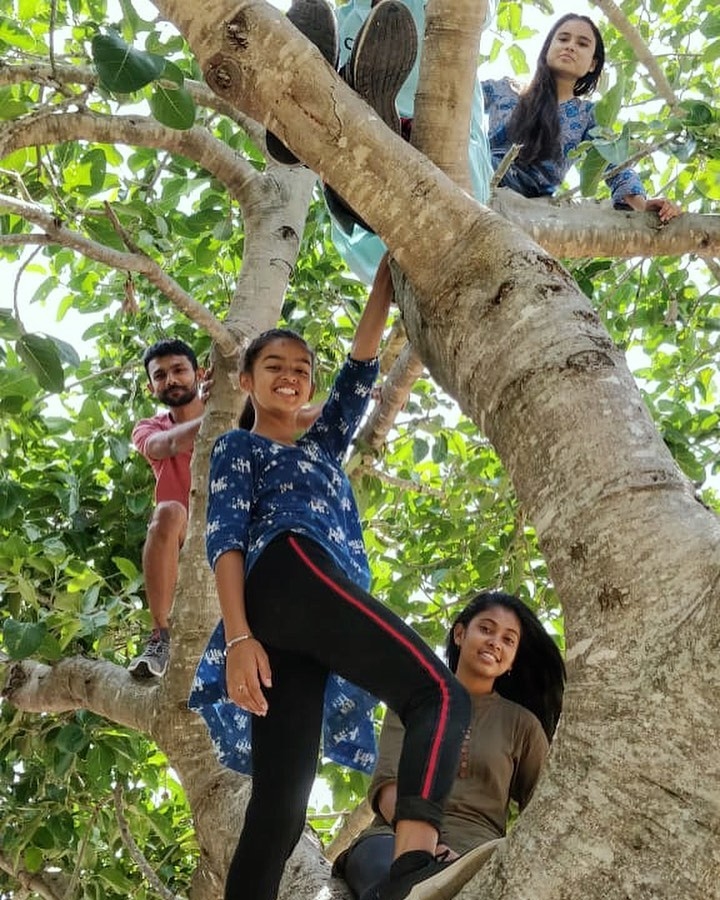
Eighteen-year-old Vaishali from Andhra Pradesh was initially fearful about swimming and trekking but overcame her anxieties to take a dip in waterfall lagoon. She later wrote to us about how these experiences gave her a fresh perspective. “For the first time, I was out. I was free from all of the complications of my life,” she said. “Thank you. It was the best 14 days of my life.”
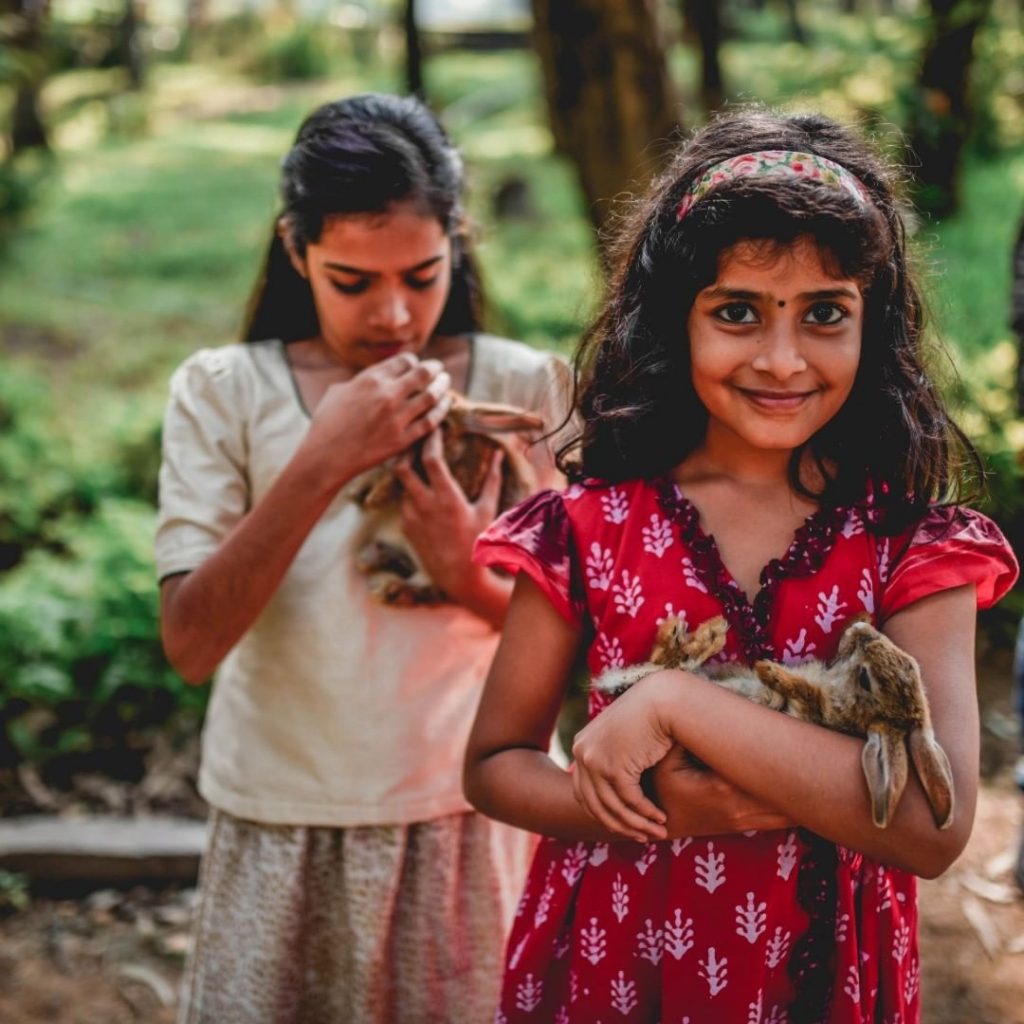
Camp Cardamom’s 2019 summer season ended on June 2. Our next season will run from May through August 2020. For more information or to apply, visit campcardamom.com.
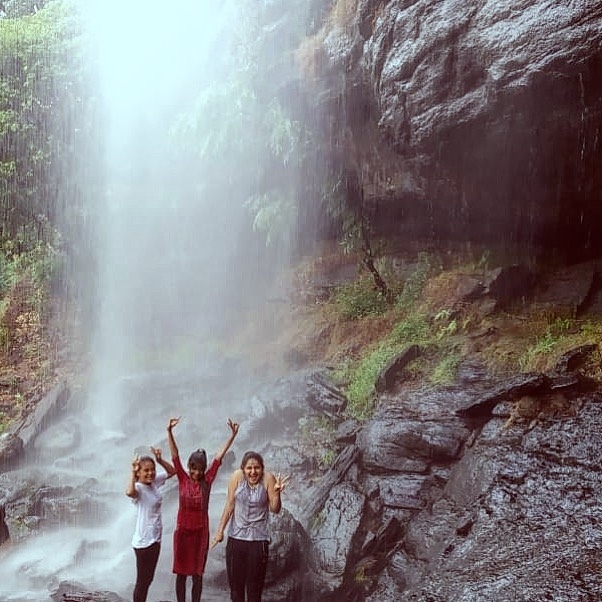
Josh Harkinson is the co-founder of Camp Cardamom along with his wife, Purvi Patel.

